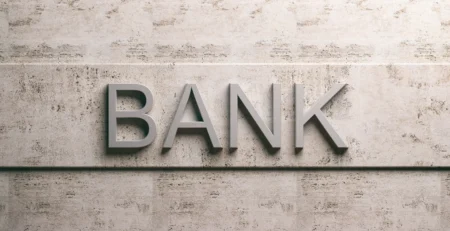Introduction
A hard money loan is a type of loan that is secured by real estate. The loan is typically provided by private investors or companies that specialize in providing this type of financing. Hard money loans are typically used for short-term projects, such as fix-and-flips or bridge loans, and they can be funded very quickly. However, like any financial product, there are both pros and cons to using hard money lender. In this article, we will explore the advantages and disadvantages of hard money loans, as well as answer some frequently asked questions about this type of financing.
Pros of Hard Money Loans
1. Speed of Funding
One of the main advantages of using a hard money lender is their ability to fund loans quickly and efficiently. Unlike traditional lenders, hard money lenders don’t have to go through a lengthy approval process, and they don’t have to follow the same strict regulations. This means that borrowers can often receive their funds within days instead of weeks or months.
2. Flexible Qualifications
Another advantage of hard money loans is that they have more flexible qualification requirements than traditional loans. Hard money lenders primarily look at the value of the property being used as collateral, and they are less concerned with the borrower’s credit score or income. This makes it easier for borrowers with poor credit or low income to receive funding for their real estate projects.
3. No Prepayment Penalties
Most hard money lenders don’t charge prepayment penalties, which means that borrowers can pay off their loan early and save money on interest. This is a big advantage for borrowers who are using hard money loans for short-term projects, as they can pay off the loan as soon as the project is completed and avoid paying unnecessary interest.
4. Less Dependency on Credit Score
Hard money lenders give less importance to credit score because what they’re really interested in is your ability to pay back the loan with the property used as collateral. In short, the equity in your property is the main focus of the lender, and your credit score is just a formality.
Cons of Hard Money Loans
1. High Interest Rates
One of the biggest disadvantages of hard money loans is that they have higher interest rates than traditional loans. This is because hard money lenders are taking on more risk by lending to borrowers with poor credit or insufficient income. Interest rates for hard money loans can range from 8% to 18%, depending on the lender and the borrower’s qualifications.
2. Short-term Financing
Another disadvantage of hard money loans is that they are typically short-term loans, usually ranging from 6 to 18 months. This means that borrowers must either pay off the loan or refinance it when the term is up. Short-term loans can be a problem for borrowers who need long-term financing for their projects.
3. Lack of Regulation
Hard money lenders are not regulated in the same way as traditional lenders, which means that borrowers have to be careful when choosing a lender. Some hard money lenders have been known to take advantage of unsuspecting borrowers by charging exorbitant fees or offering loans with unfavorable terms.
4. High Upfront Costs
Hard money loans often have high upfront costs, including origination fees, appraisal fees, and other fees associated with the loan. This can make it difficult for borrowers to finance their projects, especially if they don’t have a lot of cash on hand.
FAQs
1. How do hard money loans work?
A hard money loan is a type of loan that is secured by real estate. The loan is typically provided by private investors or companies that specialize in providing this type of financing. Hard money loans are typically used for short-term projects, such as fix-and-flips or bridge loans, and they can be funded very quickly.
2. What are the main advantages of hard money loans?
The main advantages of hard money loans include their speed of funding, flexible qualification requirements, no prepayment penalties, and less dependency on credit score.
3. What are the main disadvantages of hard money loans?
The main disadvantages of hard money loans include high interest rates, short-term financing, lack of regulation, and high upfront costs.
4. How do I choose a hard money lender?
When choosing a hard money lender, it is important to research the lender’s reputation, experience, and fees. You should also compare rates and terms from several lenders to ensure that you receive the best possible deal.
Conclusion
Hard money loans can be a great option for borrowers who need quick and flexible financing for their real estate projects. However, they do come with some disadvantages, including high interest rates and short-term financing. Before deciding to use a hard money lender, it is important to weigh the pros and cons and choose a reputable lender with favorable rates and terms.












Leave a Reply